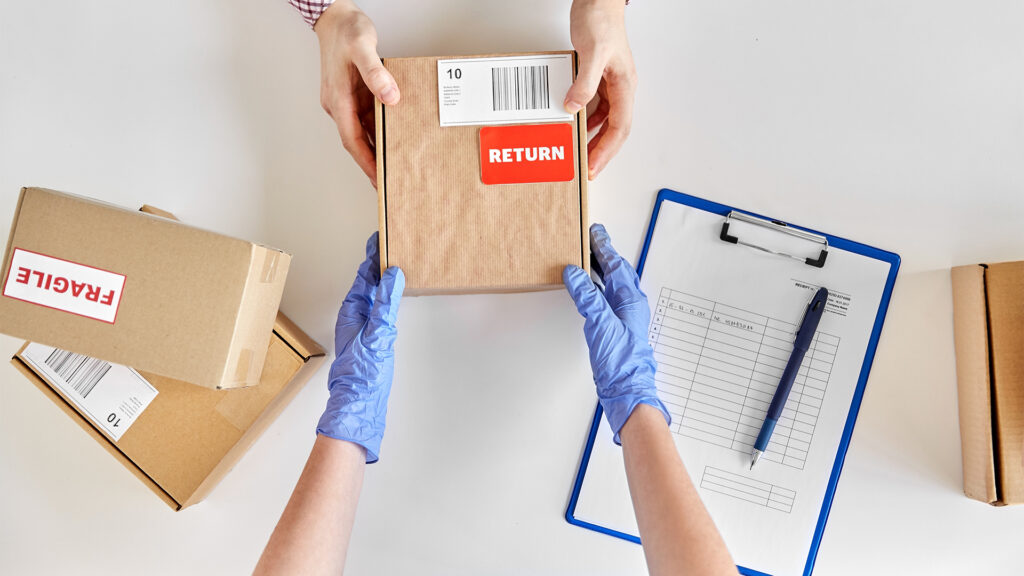In 2016, the death of Natasha Ednan-Laperouse sparked outrage over inadequate labelling on pre-packed and packaged food. The 15-year-old died from an allergic reaction after eating a baguette that contained sesame from popular food chain, Pret a Manger. As there were limited laws at the time for pre-packed food to clearly state all allergens, Natasha’s family pushed for change, which eventually led to a new food safety law, known as Natasha’s Law.
The tragedy of Natasha’s death clearly highlights how crucial it is to have accurate food labelling to prevent serious medical consequences such as anaphylaxis and avoid the risk of fatalities from food allergens. If you work in the catering or hospitality industry, you may be wondering how the new regulations will affect you.
Here, we investigate Natasha’s Law and what it means for food labelling in the UK.
What does Natasha’s law apply to?
Any business which sells food that is pre-packed for direct sale, also known as PPDS, will be legally required to comply with Natasha’s Law. PPDS refers to food that is packaged on the same premises as it is offered or sold to consumers and is in this packaging before it is ordered or chosen.
This includes food that customers choose themselves (such as from a display unit) as well as food sold over the counter. Some foods sold at mobile or temporary outlets are also classed as PPDS.
What kind of businesses will be affected?
Cafes and canteens which sell food that has been produced and packaged on-site, such as sandwiches or baked goods, will be affected. Wholesalers who produce pre-packed food for resale, such as meat, cheese and eggs, will also have to be mindful of their legal obligations following the introduction of the new law.
What must be included on food labels?
Under Natasha’s Law, all PPDS food packaging must include all the ingredients used and specifically declare the presence of any of the 14 named allergens. It’s essential that any of these allergens are clearly emphasised, usually in bold, capitalised font or underlined.
Failing to comply with the law could put your customers’ lives in danger, and you could face serious legal and financial consequences if this happens. There are plenty of guidelines on what information to include, provided by multiple organisations, which retailers selling PPDS will need to consider displaying with proper signage and labels.
What doesn’t count as PPDS?
Not all packaged food is classed as PPDS and will be authorised by different food safety regulations from Natasha’s Law. Food that is packed by one company and sold to another to sell on is not considered to be PPDS as the food is prepared in a different place from where it is served or bought.
Foods that are served to consumers without packaging, such as fresh fruit, don’t count as PPDS, and neither do freshly made sandwiches or salads, such as those prepared and supplied by Subway.


























